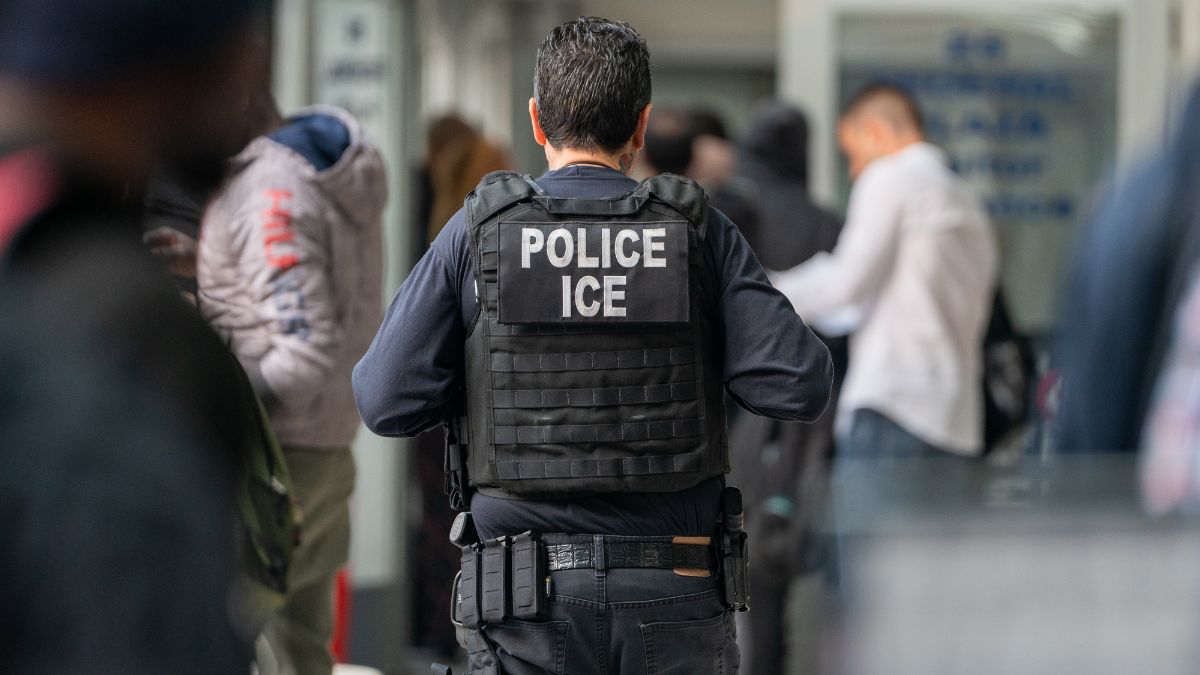
South Korea’s government has announced that it will be investigating the possibility of human rights violations committed during a recent US immigration raid that resulted in the detention of hundreds of its citizens. The raid, which took place on September 4 at an electric vehicle battery factory construction site in Georgia, was the largest single-site operation of its kind since Donald Trump began his immigration crackdown. Around 475 individuals, most of whom were South Korean nationals, were arrested.
After a series of diplomatic negotiations, the detained South Korean workers were released and transported back to Seoul, per The Guardian. Some of these workers have since spoken to local media, alleging that they were held in “appalling conditions” and were not informed of their rights during their arrest. One worker stated that their rights were not read to them and that Immigration and Customs Enforcement (ICE) agents mocked them with remarks about “North Korea” and “rocket man.”
This is a particularly sensitive topic, as “rocket man” is a phrase that Trump has used in the past to insult North Korean leader Kim Jong-un. When asked about these allegations, presidential spokesperson Kang Yu-jung said in a press briefing that “Both our side and the US are checking if there were any shortcomings in the measures taken and companies are also looking into it.” The spokesperson added, “Together with the company concerned, we are conducting a more thorough review into possible human rights infringements.”
ICE may realize that they can’t treat people like dirt just because they have power for now
South Korea’s president, Lee Jae Myung, has described the raid as “bewildering” and expressed concern that it could negatively impact future investments. He noted that South Korean companies “can’t help but question whether setting up a plant in the US is worth the potential risks.” In what appeared to be a direct response to these concerns, Trump stated on his Truth Social platform that foreign workers were “welcome” and that he did not want to “frighten off or disincentivize investment.”
The situation is incredibly concerning, as it highlights a potential breakdown in trust and communication between two allied nations. When a government conducts a raid of this scale on foreign workers, especially those from a country that is a major investor and partner, it raises serious questions about the fairness of the legal process and the treatment of individuals. The allegations of human rights violations, if proven true, would be a major diplomatic issue.
The fact that the South Korean government feels the need to conduct its own investigation shows a lack of confidence in the US government to handle the situation and hold its own agencies accountable properly. The raid also puts into question the safety of foreign workers in the United States, especially those working for companies with significant investments.
It’s a message to potential investors that even if they are playing by the rules and bringing jobs to the US, their employees may still be subject to raids and detention. The move by the South Korean government to investigate is a clear signal that they are taking this issue seriously and that they will not tolerate their citizens being mistreated.







